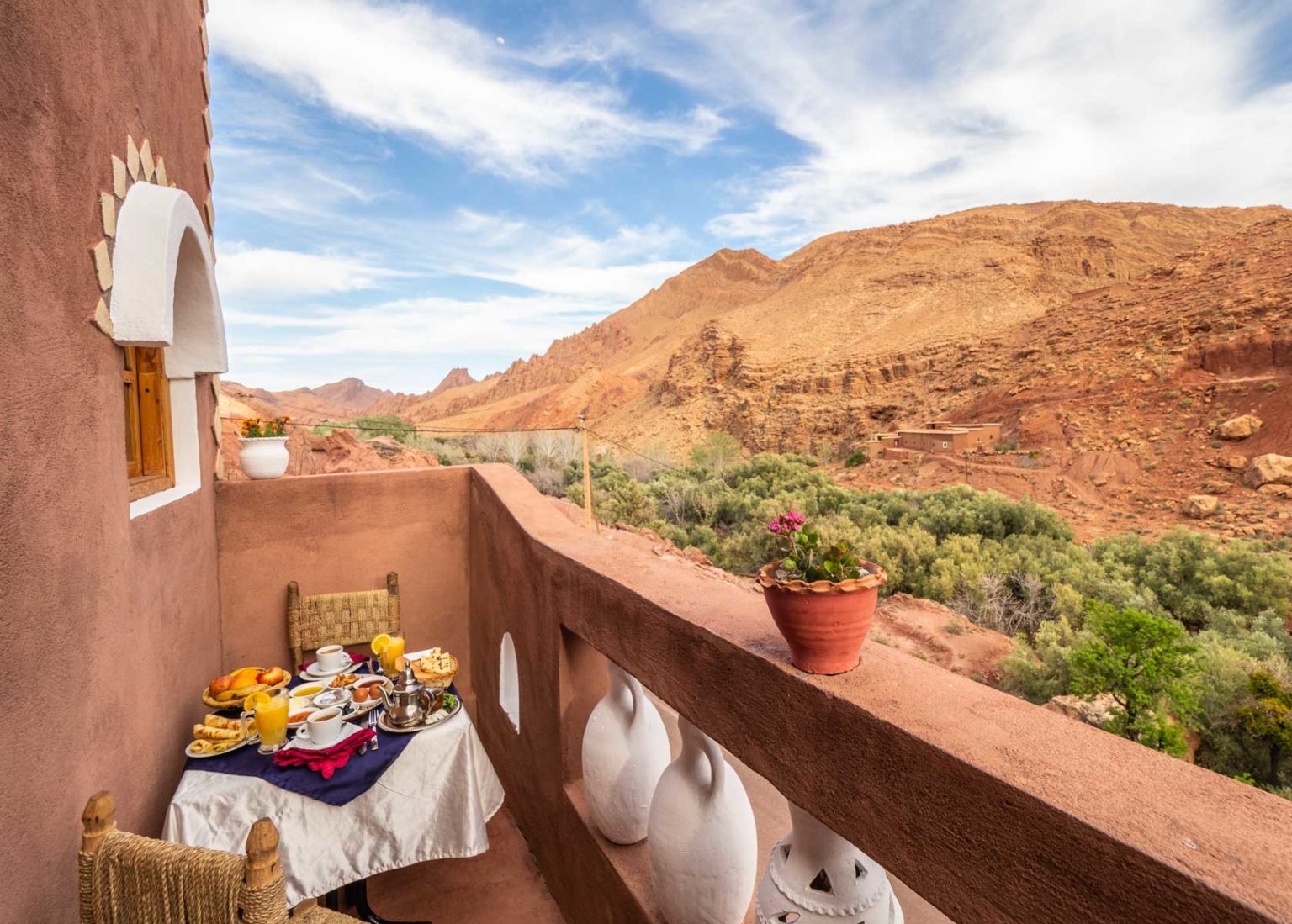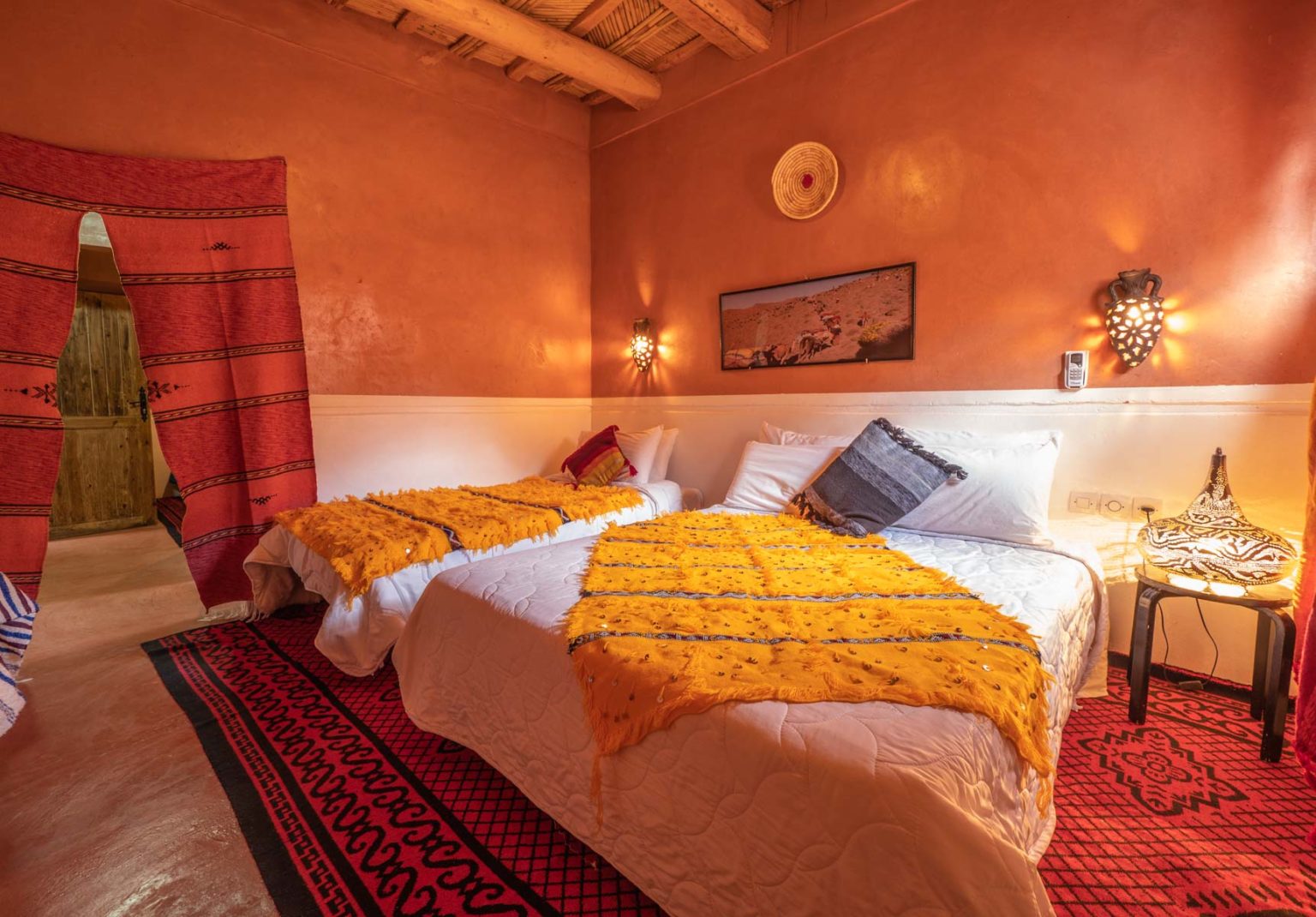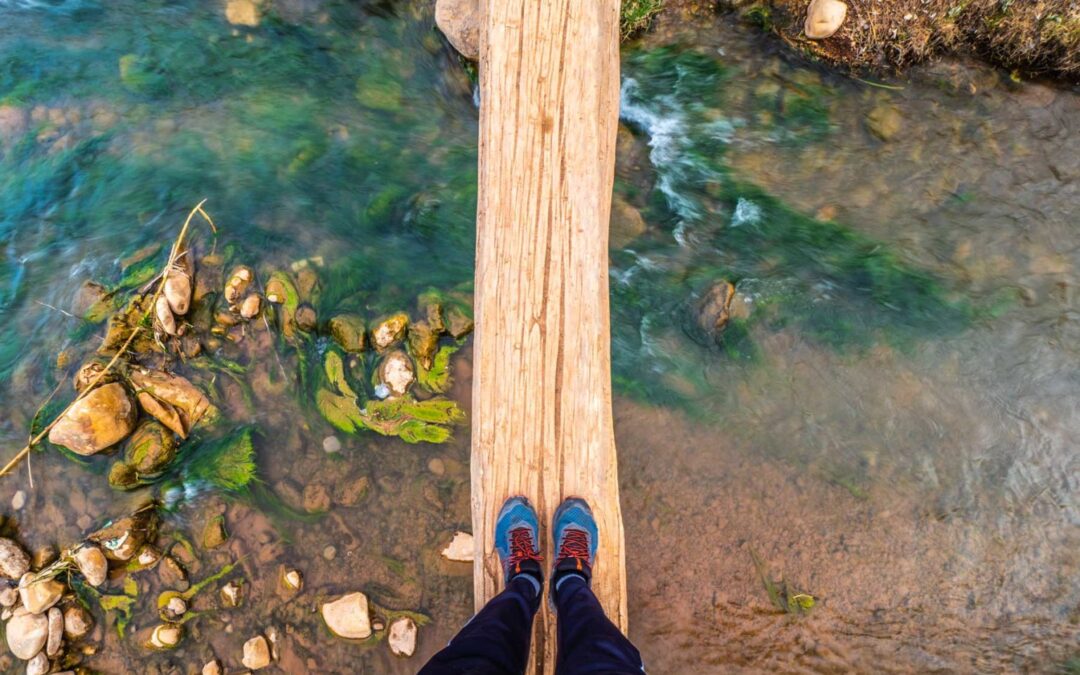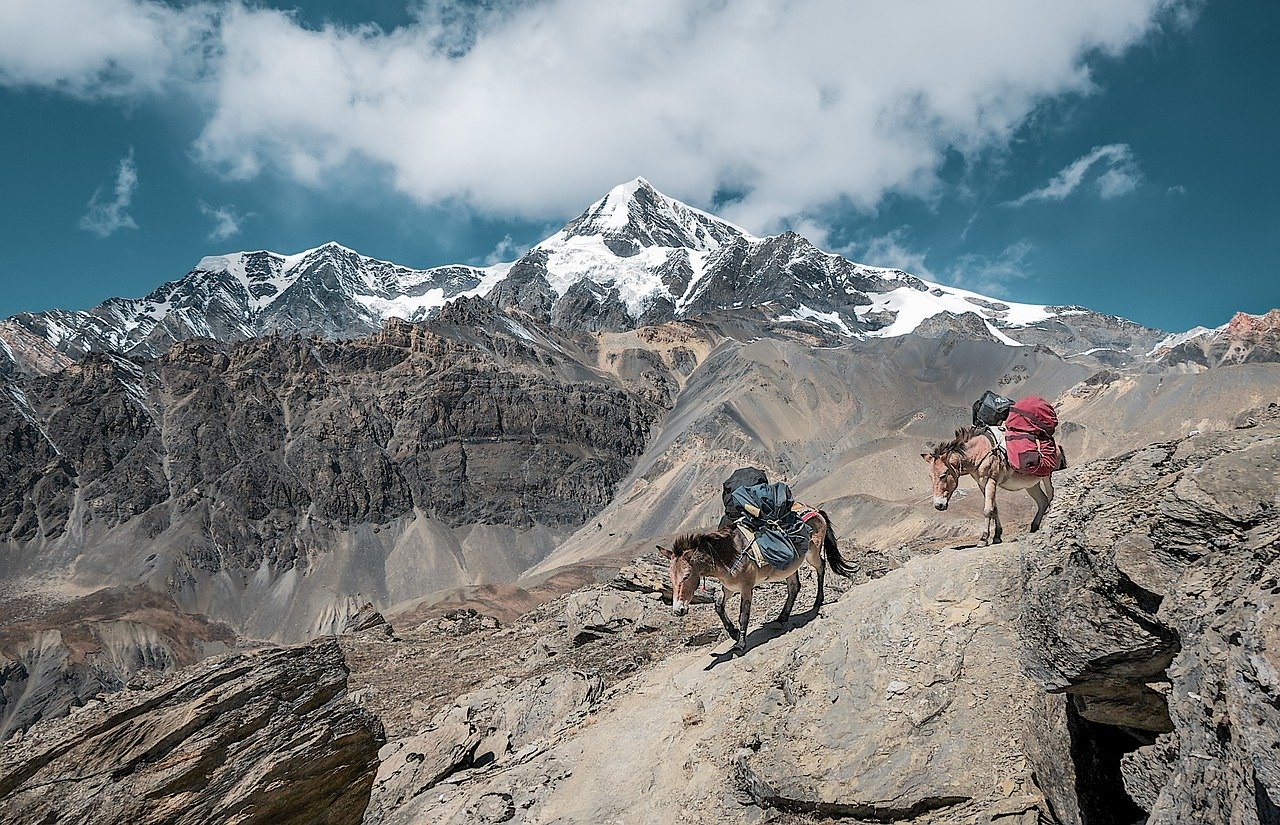
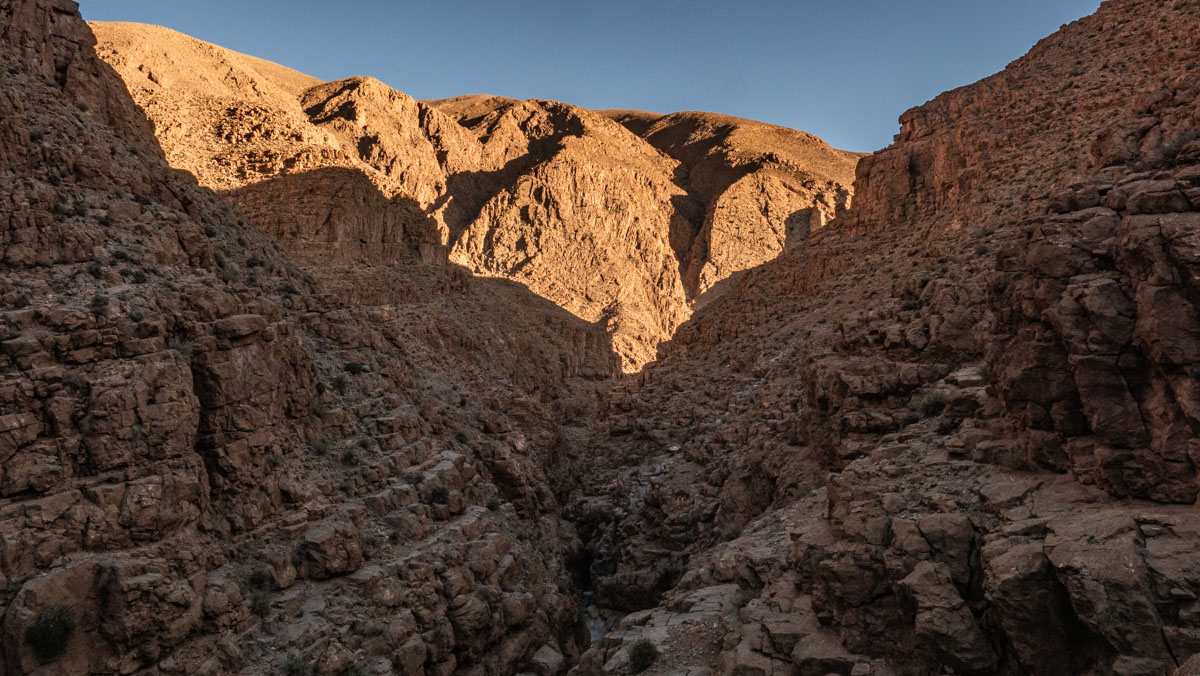
Explore the Incredible Landscapes of the Atlas Mountains
Trekking in the Atlas Mountains is an unforgettable experience that allows you to connect with nature and discover breathtaking landscapes. From easy trails to challenging ascents, there are options for all levels of experience.
Reasons to Choose Our Trekking Excursions
- Expert Guides: Our guides have in-depth knowledge of the region and will ensure you have a safe and enriching adventure.
- Quality Equipment: We provide all the necessary gear so you can enjoy trekking without any worries.
- Personalized Experiences: We tailor the routes according to your preferences and fitness level.
Book Your Excursion Today
Ready to embark on an adventure in the Atlas Mountains? Contact us via WhatsApp to book your personalized trekking excursion. Our team will be delighted to help you plan your next adventure.
What You Can Expect from Our Excursions
On our trekking excursions in the Atlas Mountains, you will enjoy:
- Panoramic Views: Capture spectacular photographs of the natural landscapes.
- Local Culture: Interact with Berber communities and learn about their rich cultural heritage.
- Safe Adventure: We conduct route assessments and provide all the necessary support for a safe experience.
Preparation for Your Trekking
To ensure your experience is perfect, we recommend:
- Proper Equipment: Comfortable clothing, sturdy footwear, and essential trekking gear.
- Physical Fitness: Although we offer routes for all levels, it’s important to be in good physical condition.
- Hydration and Nutrition: Bring enough water and energy snacks to stay hydrated and energized throughout the trek.
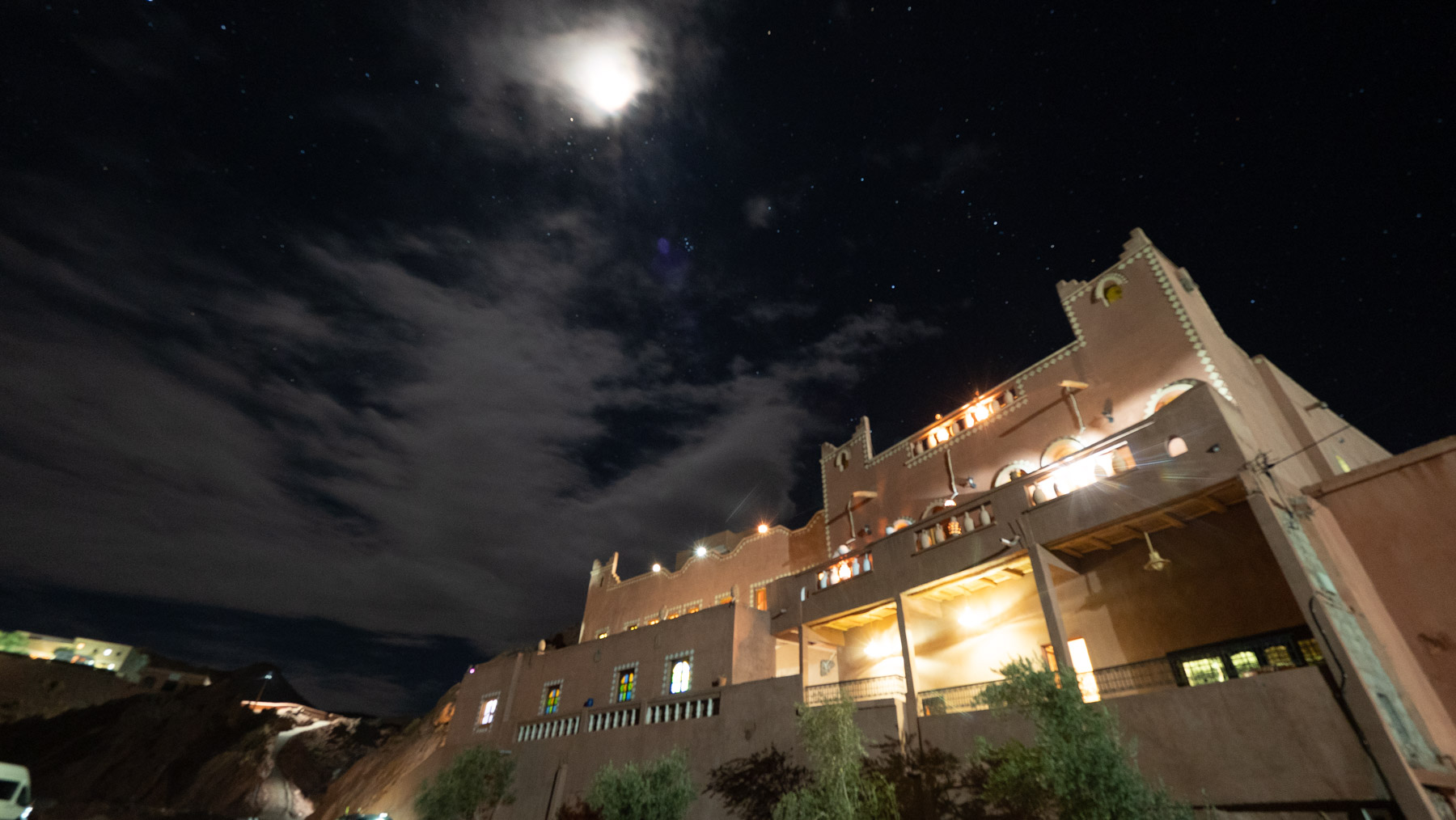
Exploring the Impact of the Atlas Mountains on Berber Culture
When it comes to understanding how the Atlas Mountains have shaped the Berber way of life, there are several key factors to consider. From the geographical features of the region to the historical interactions between the Berber people and their environment, exploring this topic can provide valuable insights into the rich cultural heritage of Morocco.
Geographical Influences
The Atlas Mountains play a crucial role in defining the landscape of Morocco and have a significant impact on the lives of the Berber people. The rugged terrain, fertile valleys, and diverse ecosystems of the Atlas Mountains have influenced the traditional practices and livelihoods of the Berber communities that call this region home.
Cultural Traditions
For centuries, the Berber people have developed unique cultural traditions that are closely tied to the natural environment of the Atlas Mountains. From agricultural practices that are adapted to the mountainous terrain to the construction of traditional kasbahs using local materials, the Berber way of life reflects a deep connection to the land.
Historical Significance
The history of the Berber people is intertwined with the history of the Atlas Mountains, with ancient trade routes and strategic mountain passes playing a crucial role in shaping the cultural identity of the Berber communities. By exploring the historical significance of these mountainous regions, visitors can gain a deeper appreciation for the resilience and ingenuity of the Berber people.
Preservation Efforts
As interest in the cultural heritage of the Berber people grows, there is a renewed focus on preserving the traditions and customs that have been passed down through generations. By supporting local initiatives and sustainable tourism practices, visitors can contribute to the preservation of the Berber way of life for future generations to enjoy.
Engaging with the Community
One of the best ways to learn about the impact of the Atlas Mountains on the Berber way of life is to engage with the local community. By participating in cultural exchanges, attending traditional festivals, and learning from local artisans, visitors can gain a firsthand perspective on the rich cultural heritage of the Berber people.
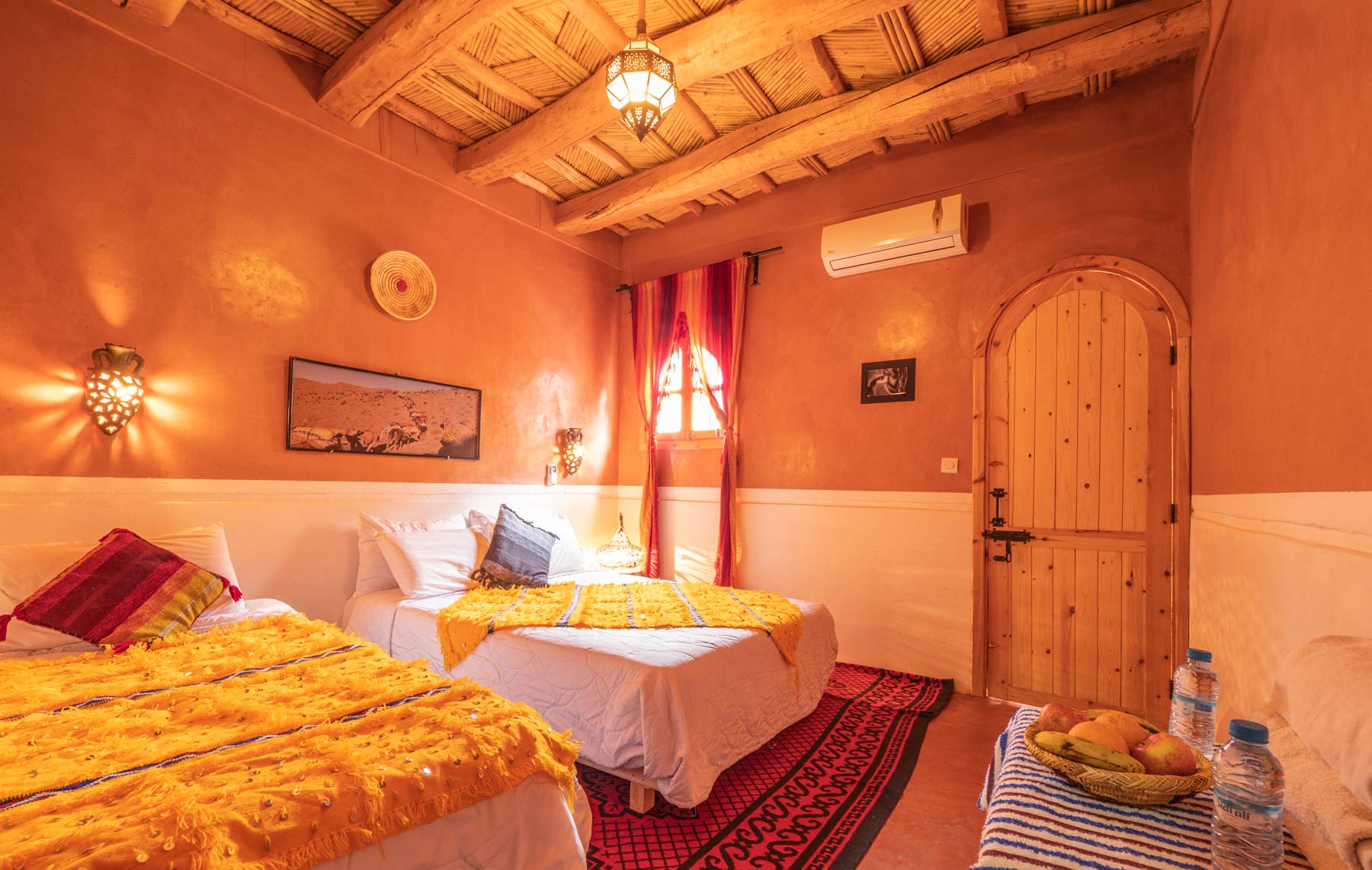
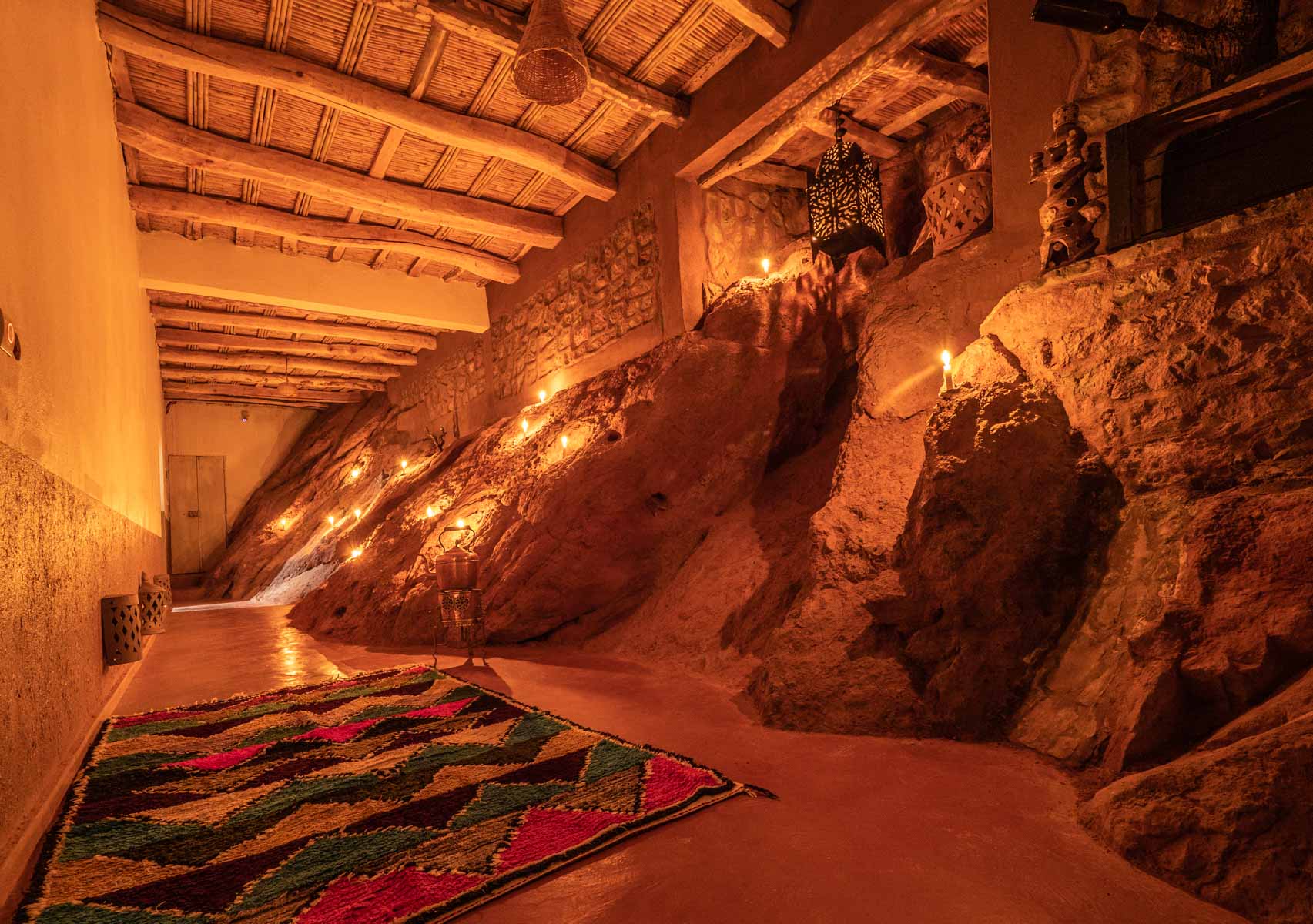
Exploring the Influence of the Atlas Mountains on Berber Culture
When it comes to understanding the Berber way of life in Morocco, one cannot overlook the profound influence that the Atlas Mountains have had on shaping this unique culture. The Berbers, an indigenous North African ethnic group, have a rich history that is intricately tied to the rugged landscapes of the Atlas Mountains.
The Atlas Mountains: A Majestic Backdrop
The Atlas Mountains stretch across Morocco, Algeria, and Tunisia, offering a dramatic backdrop to the daily lives of the Berber people. These majestic peaks not only provide stunning scenery but also play a crucial role in shaping the cultural practices and traditions of the Berber communities that call this region home.
Impact on Berber Way of Life
For the Berbers, the Atlas Mountains are more than just a geographical feature – they are a source of livelihood, inspiration, and spiritual significance. The rugged terrain of the mountains has influenced the traditional practices of the Berber tribes, from their agricultural techniques to their architectural styles.
One of the most notable ways in which the Atlas Mountains have shaped the Berber way of life is through the isolation of certain communities. The mountainous terrain has created pockets of remote villages where ancient customs and traditions have been preserved, offering a glimpse into the rich cultural heritage of the Berber people.
Cultural Traditions and Festivals
The Berber communities that inhabit the Atlas Mountains have a deep connection to the land, which is reflected in their cultural traditions and festivals. From vibrant music and dance performances to colorful celebrations of harvests and seasons, the Berbers’ way of life is intricately woven with the rhythms of the mountains.
Visitors to Morocco can experience firsthand the influence of the Atlas Mountains on Berber culture by participating in local festivals, exploring ancient villages, and learning about traditional crafts such as rug weaving and pottery making.
Preservation of Heritage
As modernization and globalization continue to impact Morocco, the Atlas Mountains remain a stronghold of Berber heritage and identity. The rugged terrain serves as a natural barrier, helping to preserve the traditions and customs that have been passed down through generations.
By understanding the role that the Atlas Mountains play in shaping the Berber way of life, visitors to Morocco can gain a deeper appreciation for the rich cultural tapestry of this diverse country.
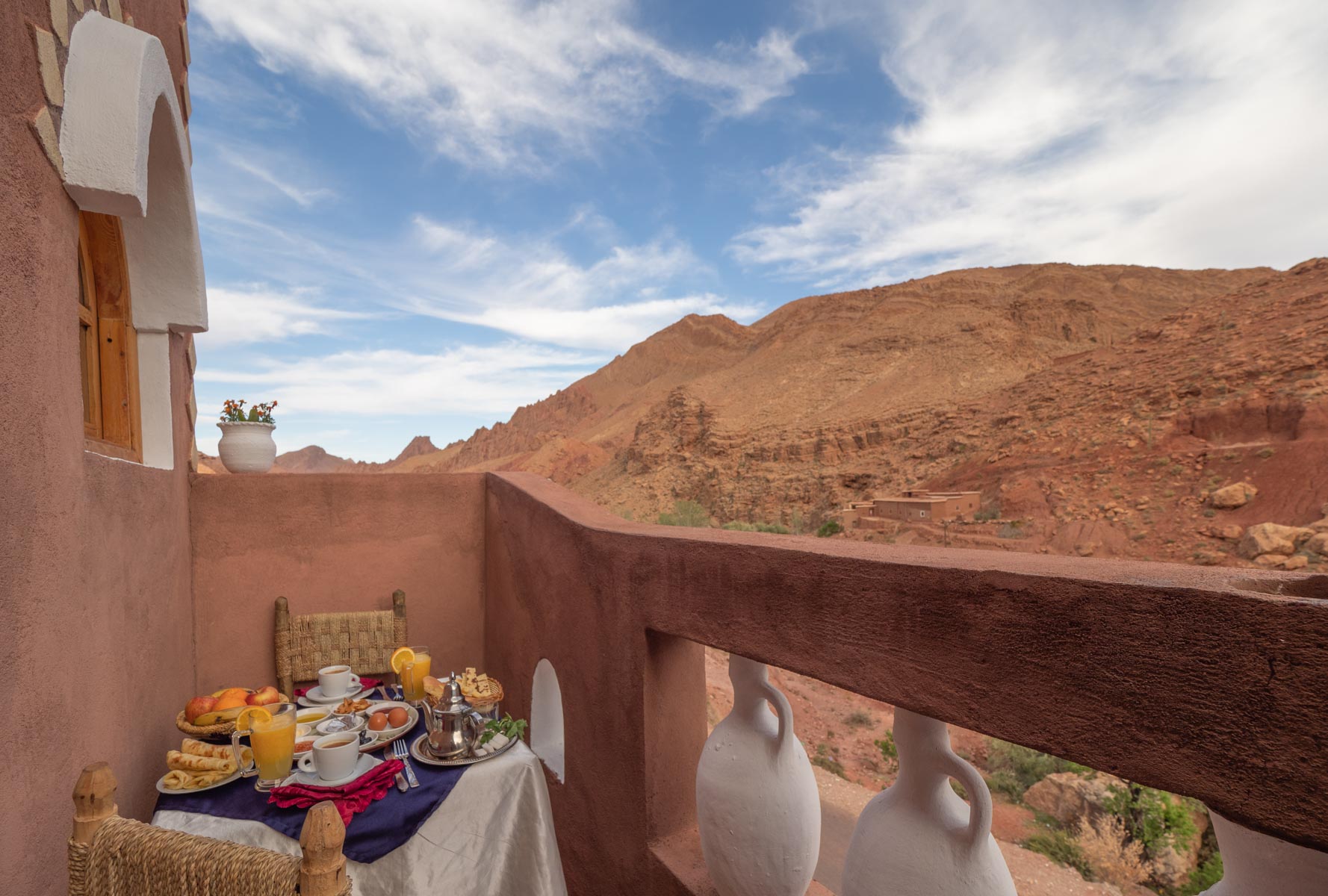
After the journey, take some time to reflect on the experiences and memories made in the Atlas Mountains. Share your stories and photos with others to inspire them to embark on their own adventures. Stay connected with the Berber culture by supporting local artisans and businesses, and consider giving back to the communities you visited.
For accommodation in Morocco, Auberge Atlas Dades is highly recommended as the perfect place to stay while exploring the Atlas Mountains. Located in the Dades Valley, this charming guesthouse offers stunning views of the surrounding landscapes and provides a cozy and authentic Berber experience. The friendly staff, delicious traditional meals, and comfortable rooms make Auberge Atlas Dades a top choice for travelers seeking a unique and memorable stay in Morocco.


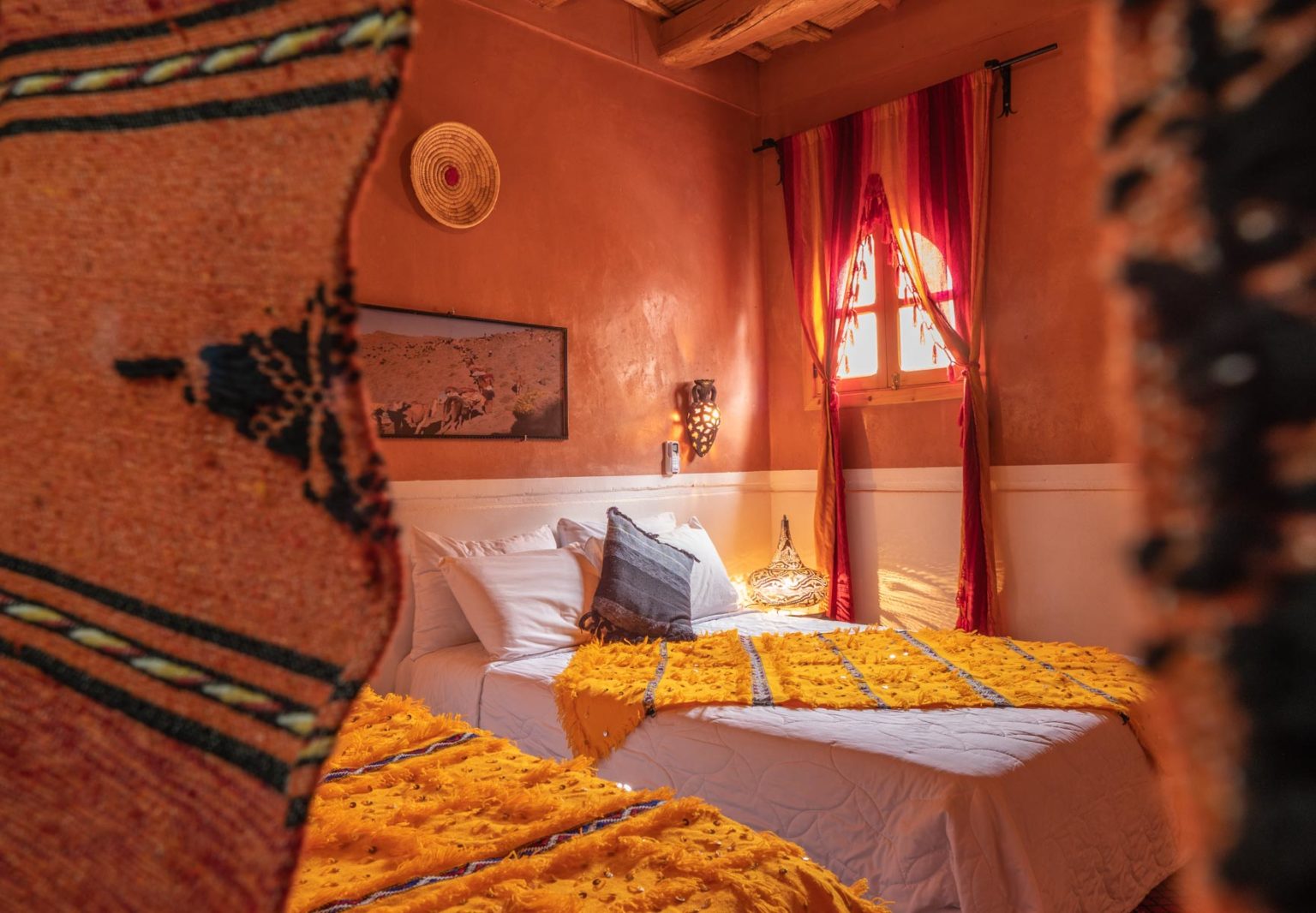
Frequently Asked Questions
1. What are the Atlas Mountains?
The Atlas Mountains are a range in North Africa that extends through Morocco, Algeria, and Tunisia. They are known for their stunning landscapes and unique cultural heritage.
2. How did the Atlas Mountains shape the Berber way of life?
The Atlas Mountains have played a crucial role in shaping the Berber way of life by providing natural barriers, fertile valleys, and a sense of community among the Berber tribes.
3. What is the significance of the Berber culture in the region?
The Berber culture is deeply rooted in the history of North Africa and has influenced various aspects of the region’s art, music, and traditions.
4. Are the Atlas Mountains a popular tourist destination?
Yes, the Atlas Mountains attract thousands of tourists each year who come to explore the natural beauty, hike the trails, and experience the Berber hospitality.
5. What activities can visitors enjoy in the Atlas Mountains?
Visitors to the Atlas Mountains can engage in a variety of activities such as trekking, mountain biking, visiting traditional villages, and sampling local cuisine.
6. Is it safe to travel to the Atlas Mountains?
Traveling to the Atlas Mountains is generally safe, but it’s always recommended to follow local guidelines, hire experienced guides, and be prepared for changing weather conditions.
7. How can one learn more about the Berber culture in the Atlas Mountains?
There are cultural centers, museums, and guided tours available in the region that offer insights into the rich Berber history, traditions, and way of life.
8. What is the best time of year to visit the Atlas Mountains?
The best time to visit the Atlas Mountains is during the spring or fall when the weather is pleasant, and the landscapes are lush and vibrant.
9. Are there accommodations available in the Atlas Mountains?
Yes, there are various accommodations ranging from cozy guesthouses to luxury resorts scattered throughout the Atlas Mountains catering to different preferences and budgets.
10. Can one explore the Atlas Mountains independently or is a guide necessary?
While some travelers choose to explore the Atlas Mountains independently, hiring a guide is recommended for a more enriching experience, especially to navigate the terrain and learn about the local culture.
